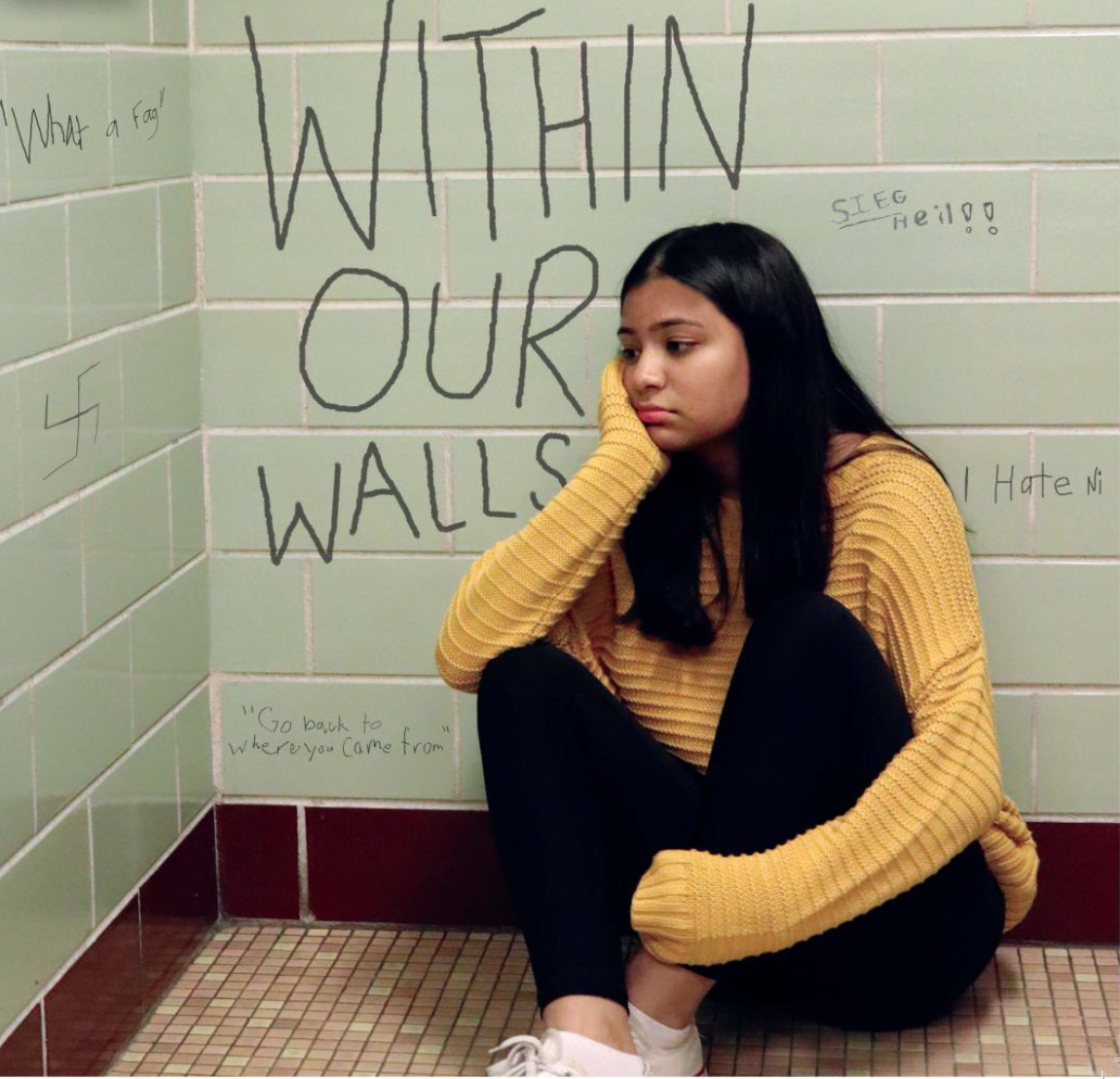In 2023, the United States fell from 15th to 23rd place out of 143 countries in the World Happiness Report. Surprisingly, Israel, the country facing a war, ranks 5th on this list.
The mental health of Americans is declining rapidly, with over 50 million struggling with mental illness in 2022. This decline raises questions, especially considering America’s reputation for vast opportunities and freedom.
One major factor contributing to this decline is the extreme economic challenges Americans are currently experiencing. By December of 2023, consumers were seeing prices that were around 19% higher than before the pandemic. This is particularly challenging for young Americans who have just graduated college and are entering the job market, as their incomes struggle to keep pace with rising expenses.
Unlike in the past, when homeownership was achievable for young adults, it seems almost impossible today, even for those in their late 30s. Being unable to provide the same life for themselves as their parents were able to afford often leaves young people feeling hopeless and deeply unsatisfied.
Senior Luci Patel reflected on the drastic change in prices of homes throughout the years as she explains, “My grandparents could have easily bought a house for around 40k when they were in their 20s, which sounds absolutely insane in 2024. Being able to buy your own home is a major part of feeling independent and growing up, and when it’s such a struggle for our generation it makes us feel less fulfilled and more stressed as we compare where we are at our age versus. our parents and grandparents, ” Patel explained.
Another key issue regarding the decline in happiness is the American “hustle culture.” European countries like Finland, Denmark, or the Netherlands, known for being some of the happiest countries, prioritize a laid back and leisure lifestyles, with a “work to live” mentality.
In contrast, the American “live to work” mindset, emphasizing constant productivity, often leads to burnout and dissatisfaction. While setting goals and working towards them can create motivation and drive, a healthy work-life balance is important for overall happiness. Oftentimes when Americans have constant pressure from social media and society to keep hustling and striving for more, it can lead to a constant cycle of comparison and exhaustion, and oftentimes can be at the expense of meaningful relationships and personal health.
Furthermore, the loneliness issue in America has only increased since the pandemic, as it blurred the lines between work and home life with the increase in online school and remote work.
As sophomore Lauren Bock explained, “The increase of amenities like doordash and grocery deliveries, has given most first world countries no excuse to leave their homes and interact with others.”
Previously, Americans had three distinct places: work or school, home and a “hangout” area, such as an arcade, a friend’s house or a bar. While this social space provided a mental break from a hectic day, covid shifting most activities online eventually eliminated this place completely.
“We were forced to go outside even if we didn’t feel like it, whether that be school, work, or to run errands. But now with everything on the tip of our fingers, our generation is losing our sense of community and strong relationships, ” Patel stated.
On a positive note, various programs are being implemented to improve our state of happiness as a country. While inflation and effects of the pandemic are out of the hands of American people, citizens can control how they move forward, mentally. Through programs such as, Behavioral Health Equity, Early Serious Mental Illness Treatment, and Kids Online Health and Safety Task Force, as well as the increase of Americans receiving therapy increasing by 30% since the pandemic, in 2020.











Arpita • Sep 18, 2024 at 3:02 pm
There are many reasons why today’s generations are unhappy like societal expectations, generation gap, economic problems, and other cultural reasons. We cannot stop these factors however we can reduce them by also finding solutions to these problems. The first solution is therapy, while therapy is considered taboo in some cultures people should start understanding the benefits of these. They help people to be able to communicate with others, understand the problems, and find happiness. The next solution is from the school side in which they should promote diversity and create a place where everyone feels they matter. The last solution is from the parent’s side as they should understand that each individual is different and they should not compare others to their kids. This can have a dreadful impact on children’s lives. Thus, I would like to say that we all should work together to make this place a better place.
Aariz • Sep 8, 2024 at 12:17 pm
It’s kinda crazy how a place like the U.S., with so many opportunities still have people feeling burnt out. Everything is just way more expensive and people are stuck in a non-stop grind.
Arslonbek Ruzmatov • Aug 31, 2024 at 9:23 pm
At the end of the day, there are many reasons you may be unhappy: social relationships, work-life balance, financial stress or worry, low self-esteem, negative thinking, or past trauma, to name a few. I think we need three things to be happy:someone to love,something to do,something to believe in(like God).